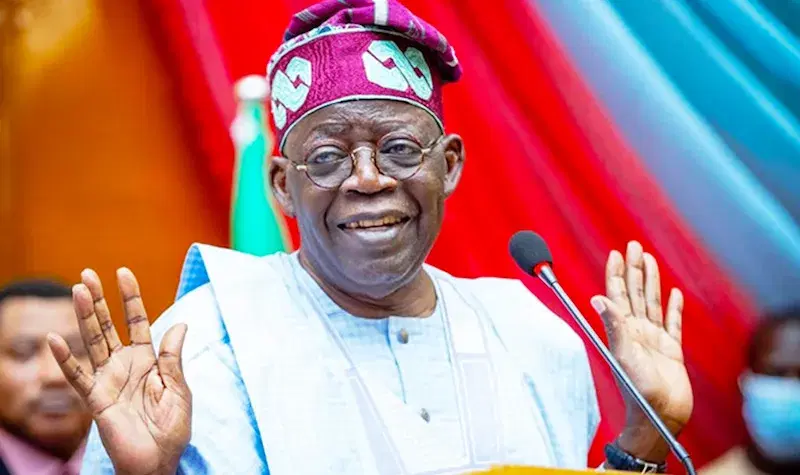President Bola Tinubu on Wednesday used his third Independence Day broadcast to Nigerians to defend his economic reforms, boasting that non-oil revenue had hit a record ₦20 trillion by August 2025 and that his policies were beginning to “yield results” despite widespread hardship.
In a nationwide address marking Nigeria’s 65th Independence anniversary, Tinubu said his administration inherited “an economy weakened by decades of distortions and mismanagement” but insisted that removing fuel subsidy and ending multiple exchange rates were necessary steps to save the country from collapse.
According to him, Nigeria’s economy grew by 4.23% in the second quarter of 2025, “the fastest in four years,” while inflation dropped to 20.12%, its lowest level in three years.
He further claimed that foreign reserves had climbed to $42.03 billion—the highest since 2019—while the country recorded five consecutive quarters of trade surplus.
Tinubu said the naira had “stabilised” following foreign exchange reforms, with arbitrage through multiple rates “now history,” and that Nigeria had, for the first time in four decades, begun refining petrol domestically.
On revenue, the president said: “Non-oil revenue has hit record levels, with over ₦20 trillion raised by August 2025. Our debt service-to-revenue ratio has dropped below 50%, down from 97%.”
He also touted achievements in infrastructure, pointing to ongoing projects such as the Lagos-Calabar Coastal Highway, Kano-Katsina-Maradi rail, and Sokoto-Badagry Highway.
On security, Tinubu claimed progress in the fight against Boko Haram, banditry, and separatist groups, stating that peace had returned to many communities in the North-East and North-West, with thousands of displaced persons returning home.
Read Also:
- Nigeria @ 65: APC chieftain urges Nigerians to support Tinubu’s economic reforms
- APC Tinubu Torchbearers inaugurates Dame Igbrude as Delta coordinator
- Ex-lawmaker knocks claims of juicy appointments, project to South-East by Tinubu
The president also addressed Nigerian youths, saying over 510,000 students had benefited from the Nigeria Education Loan Fund (NELFUND), while initiatives like Credicorp, YouthCred, and iDICE were designed to give young people access to credit, technology, and innovation platforms.
Acknowledging the economic hardship triggered by his reforms, Tinubu admitted Nigerians were enduring “temporary pains” but insisted the country was on a stronger path.
“True success will not be measured only by GDP growth or inflation figures but by the food on our tables, the light in our homes, the safety in our streets, and the opportunities our children enjoy,” he said.
Tinubu ended his speech with a call for patriotism and productivity: “Let us farm our lands, build factories, and patronise Made-in-Nigeria goods. Together, with God on our side, the dawn of a new, prosperous, self-reliant Nigeria is here.”






